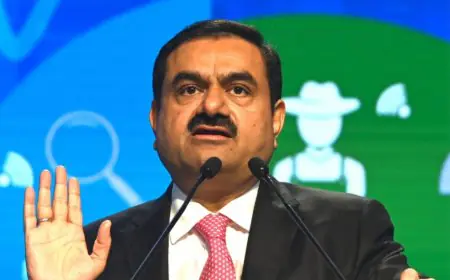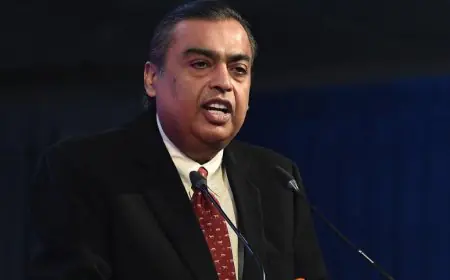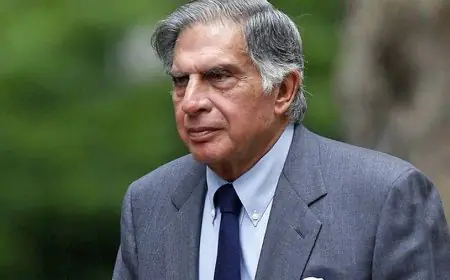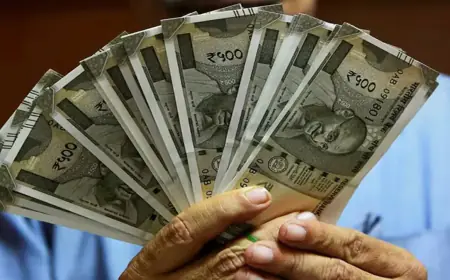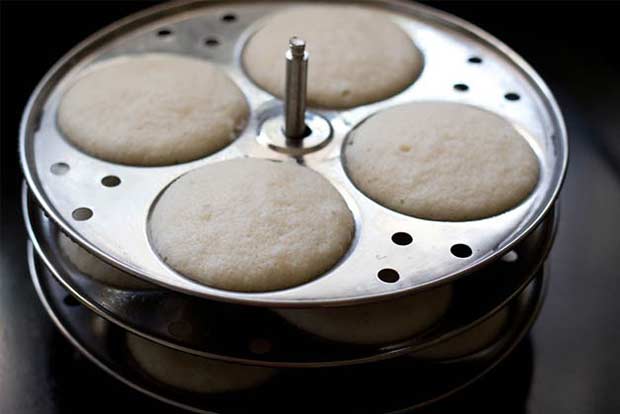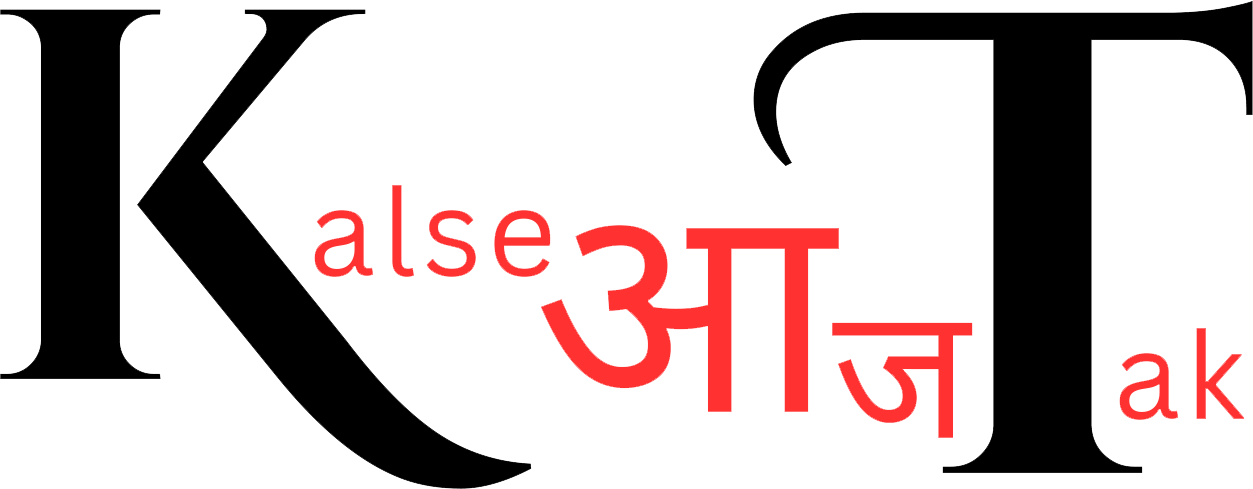After six years, India prepares to import wheat to bolster reserves
India is poised to begin wheat imports after a six-year gap to replenish depleted reserves and curb prices that surged following three years of disappointing crops, sources say.
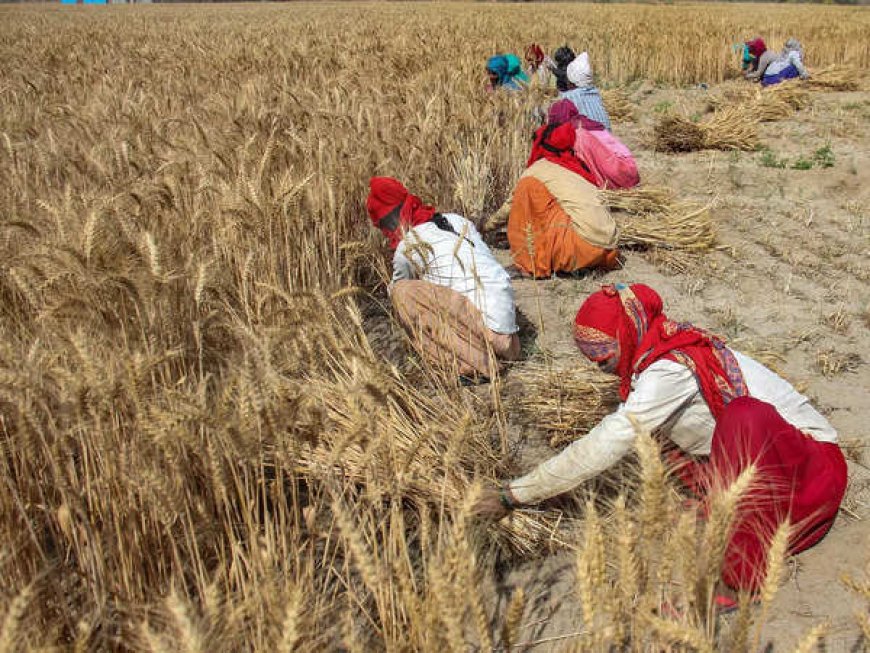
India is poised to begin wheat imports after a six-year gap to replenish depleted reserves and curb prices that surged following three years of disappointing crops, sources say. The approaching end of general elections is expected to remove a key hurdle.
Officials and sources told Reuters that New Delhi is expected to abandon the 40% tax on wheat imports this year, paving the way for private traders and flour millers to buy from producers such as top exporter Russia, albeit in modest volumes. The government is likely to wait until after June to scrap the import tax, coinciding with Russia’s new-season wheat harvest.
'There is a compelling case for the removal of the wheat import duty,' said Pramod Kumar, president of the Roller Flour Millers’ Federation of India. 'That is the best possible way to ensure sufficient supplies in the open market.
"The prevailing view is that the wheat import duty should be removed after June to allow private trade to import wheat, said a government source familiar with the matter.
"To protect our farmers' interests, the duty should be reinstated before the wheat planting season begins in October, added the source, who spoke on condition of anonymity to outline the expected actions of the next government.
Prime Minister Narendra Modi’s Bharatiya Janata Party is widely expected to win the election, which concludes on June 1, with vote-counting scheduled for June 4.
Traders have indicated they will begin importing if the government eliminates the 40% duty.
Rajesh Paharia Jain, a New Delhi-based trader, stated that approximately 3 million metric tons of imports would be sufficient, with Russia being the most likely supplier.
Once the government removes the duty, private trade can start importing wheat,” he said. According to a dealer based in New Delhi associated with a global trade house, imports would prevent a price surge following the peak demand in October for the festival season.
He added that imports ranging from 3 million to 5 million metric tons would eliminate the necessity for New Delhi to offload large quantities from reserves. After experiencing five consecutive record harvests, a sharp rise in temperatures led to a decline in India’s wheat crop in 2022 and 2023, prompting the world’s No. 2 producer to ban exports.
Forecasts from a leading industry body indicate that even this year’s crop will be 6.25% lower than the government's estimate of 112 million metric tons. Domestic prices have remained above the state-set minimum purchase rate of 2,275 rupees per 100 kg and have recently begun to rise.
With wheat stocks in state warehouses dropping to 7.5 million metric tons in April, the lowest in 16 years, the government was compelled to sell more than 10 million tons—a record—to flour millers and biscuit makers to stabilize prices.
“The removal of the import duty will help us ensure that our own reserves don’t fall below a psychological benchmark of 10 million tons,” stated a government official.
New Delhi has encountered challenges in replenishing state wheat stocks. Since the harvest began in April, the government managed to buy only 26.2 million metric tons against a target of 30 million to 32 million. This was despite advising trading houses to refrain from purchases to enable the state stockpiler, the Food Corporation of India, to procure large quantities. According to a dealer affiliated with a global trading house in New Delhi, state procurement is unlikely to exceed 27 million metric tons.
New Delhi requires nearly 18.5 million metric tons of wheat as part of the world’s largest food welfare programme.
The main opposition party, the Congress party, has promised a monthly supply of 10 kg of free grain to programme beneficiaries if voted into power, double what Modi’s government provides currently. Despite political pressures, New Delhi has resisted calls for wheat imports, as overseas purchases risk angering farmers—an influential voting bloc. However, this limitation is expected to end with the conclusion of the mammoth six-week-long election.
What's Your Reaction?







